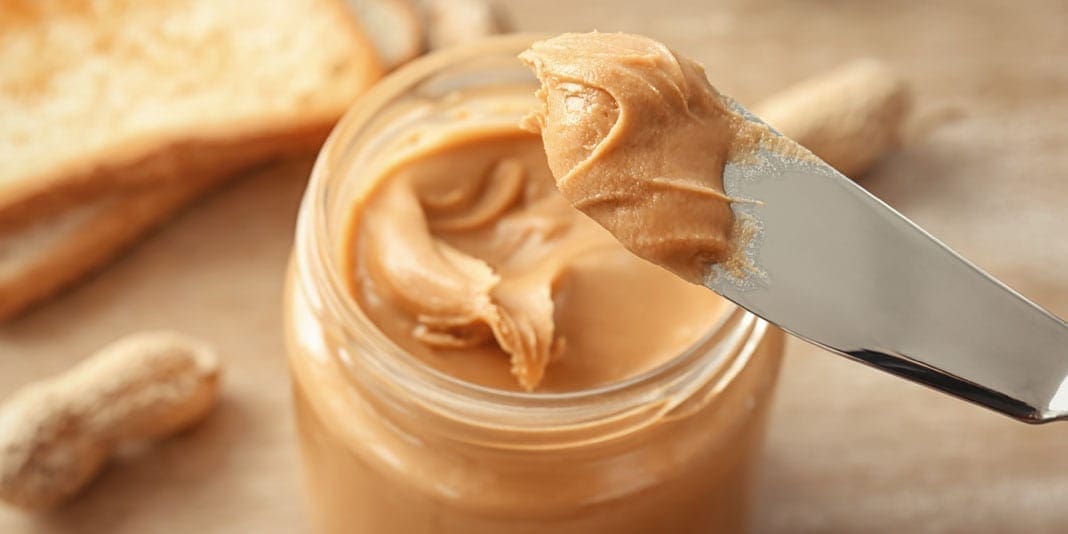One may look at the peanut’s fat content and steer clear of the delicious nut; however, this may not be the best course of action. As it turns out, peanuts are actually a great health food – assuming you’re not allergic of course! To encourage you to consume more of this savory nut, here are four health benefits of peanuts:
- Heart health
With around fifty percent of calories from fat, peanuts may not seem like the most health-friendly snack. However, peanuts have been shown to improve several markers of heart health, namely cholesterol. Peanuts may be high in fat, but the fat content is mostly made up of polyunsaturated and monounsaturated fat, both of which have been shown to lower LDL cholesterol.
- Peanuts add more fiber to your diet
Approximately ninety-seven percent of Americans are deficient in fiber – almost the entire U.S. population. This can lead to many maladies such as constipation, weight gain, and lethargy. Thankfully, peanuts are jam-packed with fiber with around twelve grams per cup, around forty-eight percent of the daily recommended requirement for fiber.
- Antioxidant content
While fruits are generally thought of as the biggest sources of antioxidants, peanuts have a fair amount of them as well. Antioxidants help to keep cancer-causing free radicals at bay as well as lower the amount of oxidative stress on your body. A handful or two of peanuts will help you reach your recommended antioxidant intake alongside an otherwise healthy diet.
- Peanuts are great for some extra protein
Although most people consume the amount of protein they need, peanuts are a great snack for those that may need an extra boost. Those that are physically active require somewhat more protein than those who are sedentary. With an ounce containing around seven grams of protein, peanuts are great for a post-workout snack or as an addition to breakfast.
Peanuts are a great addition to anyone’s diet, assuming they aren’t allergic of course. Peanuts can help with a myriad of problems and provide a lot of benefits to one’s cardiovascular system, intestinal health, and general diet.




































